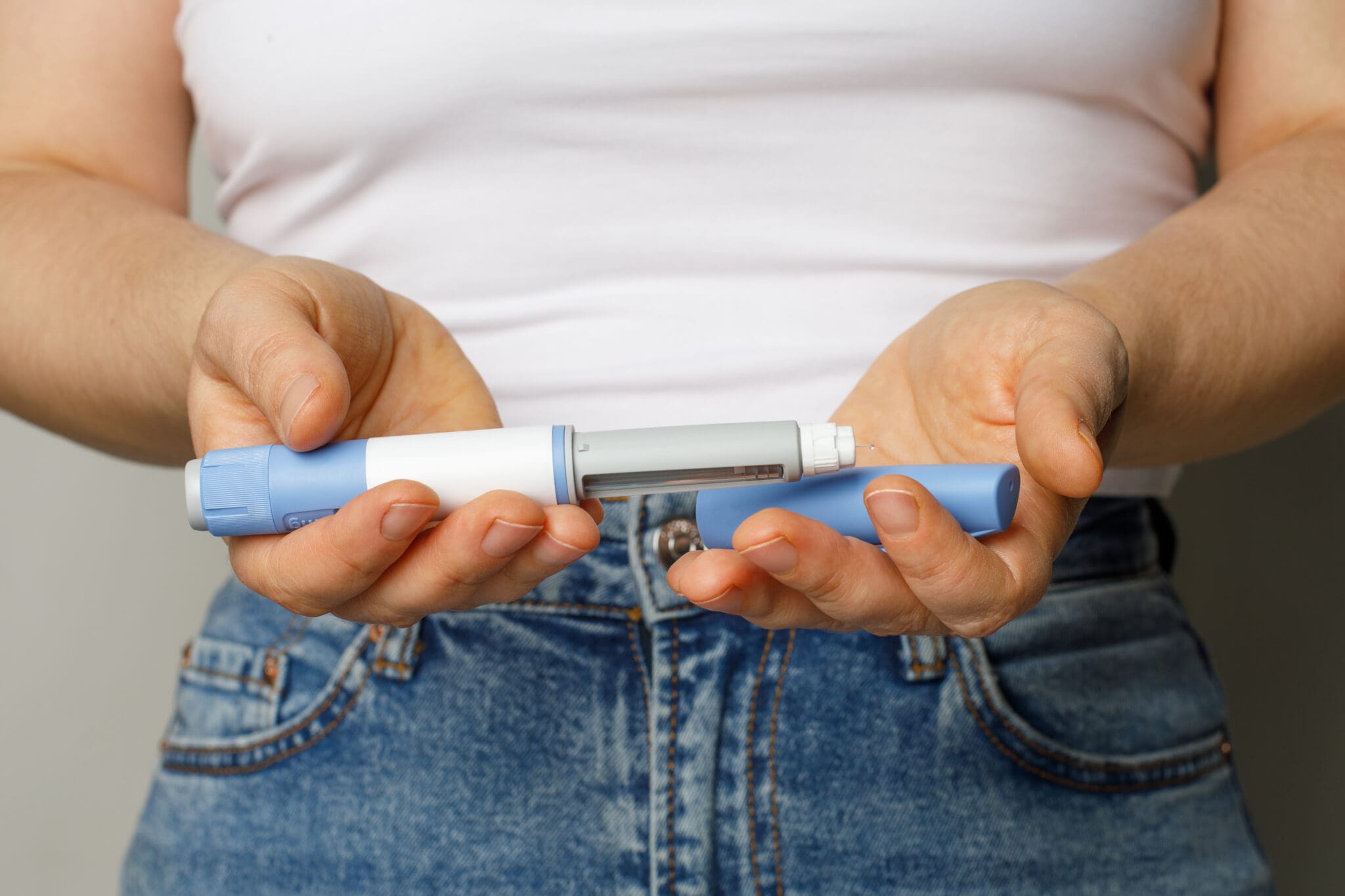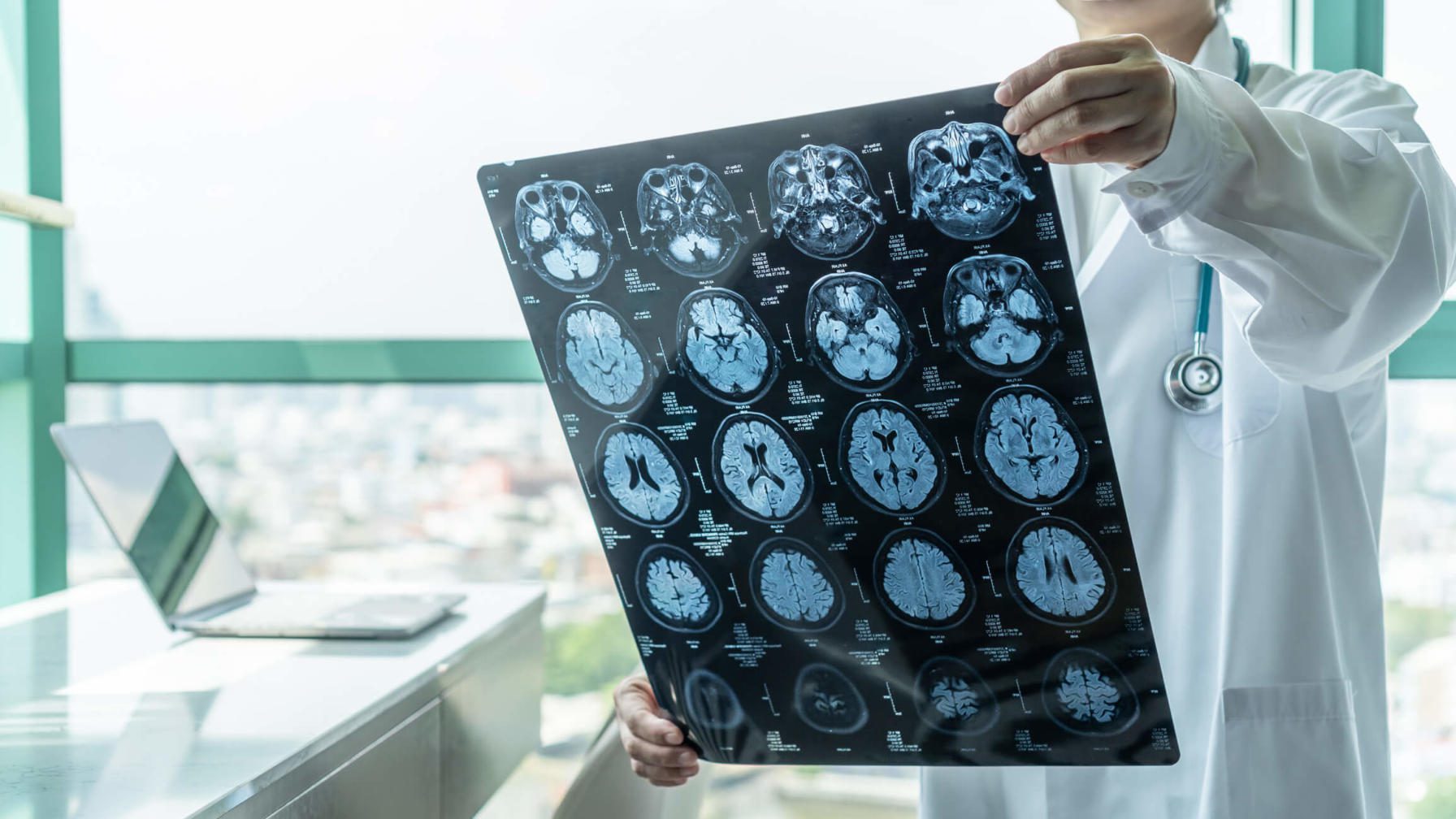ADHD Medication Lawsuit
For many people with ADHD, medications are prescribed to help reduce the prevalence of hyperactive and impulsive behaviors. Unfortunately, these pharmaceutical drugs have side effects that can cause life-changing or fatal injuries to those who take them, adults and children alike.
If you or your child have sustained an illness or injury after taking a dangerous ADHD medication, our experienced ADHD medication lawyers are available to review your case 24/7, nights and weekends.
Types of ADHD Medications
ADHD medications fall into one of two categories: stimulants and non-stimulants.
Stimulants are the most common type of ADHD medication. These drugs are comprised of amphetamines and methylphenidates and work by increasing the production of dopamine and norepinephrine, which help with thinking and attention.
Stimulant ADHD medications include:
- Ritalin (methylphenidate)
- Adderall (amphetamine, dextroamphetamine)
- Concerta (methylphenidate)
- Dexedrine, Dextrostat (dextroamphetamine)
- Metadate (methylphenidate)
- Daytrana (methylphenidate)
- Non-stimulants are less common than stimulant ADHD medications and take longer to work than their counterparts. However, non-stimulants are oftentimes prescribed to patients who may be prone to suffer from the potentially fatal side effects of stimulant drugs.
Non-stimulant ADHD medications include:
- Strattera (atomoxetine)
- Catapres, Kapvay, Nexiclon, Duraclon (clonidine)
FDA Warnings Regarding Dangerous ADHD Drugs
Drug manufacturers of ADHD medications are required by the FDA to disclose the following ADHD medication side effects and warnings in the Patient Medication Guides.
Stimulants (i.e., Ritalin, Adderall, Dexedrine)
Heart-related problems:
- Sudden death in patients who have heart problems or heart defects
- Stroke and heart attack in adults
- Increased blood pressure and heart rate
- Mental (psychiatric) problems:
- New or worst behaviors and thought problems
- New or worse bipolar illness
- New or worse aggressive behavior or hostility
- New psychotic or manic symptoms in children and teenagers
- Circulation problems in fingers and toes:
- Includes peripheral vasculopathy, Raynaud’s phenomenon
- Fingers or toes may feel numb, cool, painful
- Can be abused or lead to dependence
Non-stimulants (i.e., Strattera, Catapres)
- Suicidal thoughts and actions in children and teenagers
- Severe liver damage
- Heart-related problems
- Sudden death in patients who have heart problems or heart defects
- Stroke and heart attack in adults
- Increased blood pressure and heart rate
- New mental (psychiatric) problems in children and teenagers
Contact us for a free case review
Your questions
answered
We have straight answers to difficult questions to help you make critical decisions, navigate legal process and help you get justice.
How Does the “No Win No Fee” Promise Work?
The Thomas J. Henry “No Win No Fee” promise works as part of a contingency fee agreement. Instead of receiving payments from clients, we recoup fees and expenses from the final settlement or verdict our clients receive.
This allows us to start working on your case as soon as you hire us, ensuring that your case is handled with the urgency it deserves. It also means you can focus on getting better rather than cutting us a check.
The percentage we collect may vary depending on the complexity of your case, but you will be kept informed so you know what we are collecting before your case is closed.
Even better, you owe us nothing if we don’t win your case! Because our fees are collected as a percentage of your settlement or verdict, we do not collect anything unless and until you get your recovery. This means there is no risk to hiring a qualified attorney to handle your case!
Do I Have to Pay to Speak with an Injury Attorney?
Thomas J. Henry Law offers free case reviews so that you can better understand your legal options. This means you pay nothing for your first consultation. Additionally, Thomas J. Henry Law works on a contingency fee basis meaning that if you do choose to hire us, you pay us nothing unless and until we win your case.
To learn more about what it takes to speak with an injury attorney about your claim here.
Do I Need a Personal Injury Attorney Help Me Settle My Case?
Insurance companies will attempt to pay out as little as possible when resolving an injury claim. When an individual pursues compensation from an insurance company without the aid of an attorney, the insurance company may see the lack of representation as an opportunity to lowball the injured victim as there is no immediate risk of trial or legal recourse.
By hiring a competent attorney who has a reputation for achieving large verdicts in the courtroom, you are sending a message to the insurer. It will provide the insurance company with extra incentive to offer a fair settlement the first time.
If that first offer is not fair, an experienced personal attorney will have the resources and the knowledge to negotiate with the insurance company in pursuit of a better offer.
What is a Contingency Fee?
In a contingency fee arrangement, an attorney agrees to accept a fixed percentage of your recovery as payment. This means that if you win your case, your attorney will collect their fees and expenses from the money awarded to you. However, if you lose your case, your attorney will collect nothing.
Most lawyers prefer not to work on contingency cases for two reasons:
- There is a risk the firm will be paid nothing
- Any payment is delayed until money is collected from the opposing party
Generally, a lawyer who accepts contingency fee cases:
- Regularly represents clients who lack the financial resources to pay hourly attorney’s fees (as is often the case for personal injury victims).
- Is more selective about the cases they accept.
- Is very confident in their ability to win the cases they choose to handle.
How Much Does it Cost to Hire a Personal Injury Attorney?
The cost associated with hiring a personal injury attorney and how payment is collected may vary from firm to firm. At Thomas J. Henry, we work on a contingency fee basis. This means that we don’t charge our clients a penny unless and until we win their case.
Working on a contingency fee basis allows clients access to resources and legal representation they might otherwise struggle to afford. The more serious a case is, the more money it costs to take to trial. This is because complex litigation tends to take longer to resolve and the entities involved fight harder.
This is especially true if your lawsuit is against a large company, as would be the case in a trucking accident or on-the-job injury. Such companies employ teams of lawyers and have seemingly unlimited financial resources. You need an attorney who has the same. Thomas J. Henry employs a team of more than 100 attorneys and has the money to fight your case out to the end.
Finally, by collecting any fees and expenses after a verdict or settlement is secured, Thomas J. Henry can help ensure his clients are able to focus on healing. “The client’s job is to heal. We will handle the rest,” says Thomas J. Henry.
How Much Is My Personal Injury Case Worth?
In Texas, a personal injury case is only worth what a jury is willing to award you. This is why you need an attorney who can not only prove the economic damages you have sustained due to your accident, but can also demonstrate the value of non-economic damages you may have sustained, such as pain and suffering, mental anguish, and loss of consortium.
Learn more about how to estimate the value of your personal injury claim here.
Why
choose
us?
We help clients across the U.S. with all types of injury cases, including vehicle accidents, slip and falls, wrongful death, product recalls, pharmaceutical cases, mass tort, and more.
Thomas J. Henry offers a “No Fee Promise.” We work on a contingency fee basis which means you do not pay our firm any fees unless and until we win your case. Learn more.
If you’ve been hurt, you may have a damaged vehicle or be unable to work. We can help get you a rental car if your vehicle is damaged and even advance money on qualified cases.
We are committed to your complete recovery. We will work with you to ensure you receive the necessary medical treatment and support for your healing journey.
If you’ve been hurt, you may not be able to come into our offices to speak to an attorney. Don’t worry, we will come to you wherever you are – at home, work, or hospital.
Our locations
LocationsCustomer
Reviews

Los abogados de Thomas J Henry son personas muy amables y gracias a ellos mi caso se resolvió muy pronto y con buenos resultados.


Five stars are not enough to express the professional qualities and dedication this firm has to their clients.


Thomas J. Henry is a wonderful company they really take care of their clients, and their employees are really nice as well.


When I had my car accident I didn’t know who to call. I got pointed in the right direction from a good person I know. I appreciate everything my legal team did for me.


I highly recommend TJH for any personal injury case.


I had a great experience! Me and my daughter got in a car accident 2023 and they were able to reach a settlement for us. My favorite aspect was the communication and how much they care. Highly recommend!


Muy buena experiencia contados las personas. Y con los traductores.


Our family worked with Thomas J. Henry Law after a major car accident, and we’re truly grateful for their support. The team was responsive, patient, and thorough every step of the way.

Blog



















